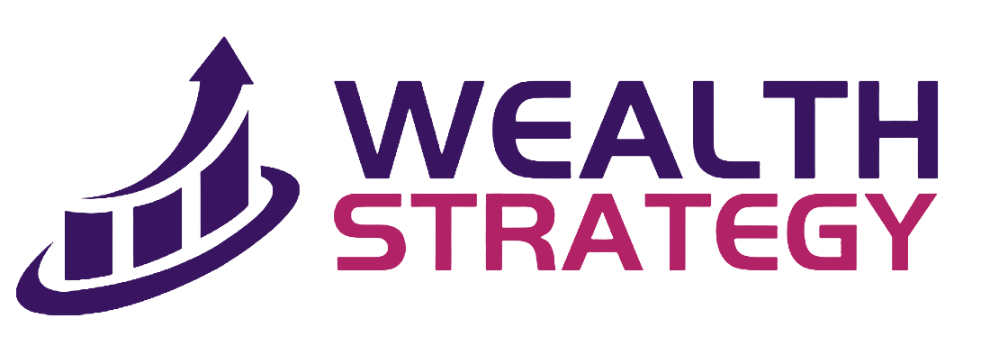
In today’s stringent regulatory environment, ensuring compliance is more crucial than ever. Failure to adhere to industry standards can result in significant fines, reputational damage, and even legal consequences. This is where compliance software becomes indispensable for companies.
By automating and streamlining compliance processes, these software tools offer a comprehensive solution for managing rules and regulations efficiently and on time. Compliance software can track and update regulatory changes in real-time, deploy standardized workflows, and generate audit-ready reports. This enables companies to mitigate risks, adhere to laws, and maintain stakeholder trust.
Reasons to Implement Compliance Software in Your Company
Centralized Compliance Management
Compliance software consolidates all pertinent compliance information into a single database, including regulations, policies, procedures, and documentation. This centralization ensures easy access to compliance data, establishes compliance standards, and facilitates team collaboration regardless of location.
Real-Time Monitoring and Alerts
Regulatory software provides immediate monitoring of regulatory updates and directives, ensuring companies stay current with notifications of important events and deadlines. Automated alerts notify responsible personnel as deadlines approach or deviations from standards occur, allowing for proactive resolution of compliance issues.
Customizable Workflows
Many compliance software systems feature customizable workflows to meet the specific needs and processes of various industries. These adaptable workflows ensure that compliance tasks are standardized, efficient, and consistently aligned with business operations.
Comprehensive Reporting and Audit Trails
Compliance systems offer detailed reports and audit trails that clearly demonstrate how a business adheres to regulations to internal stakeholders, regulatory bodies, and external auditors. These reports include comprehensive compliance activity data, actions taken, approvals, and deviations from standard protocols, ensuring accuracy and accountability in compliance.
Scalability and Adaptability
As businesses grow and regulations evolve, compliance software provides the flexibility to adapt to changing needs. Whether it’s market expansion, new regulatory scrutiny, or industry-specific requirements, compliance software can scale with company growth and address industry-related challenges without concern for regulatory changes.
Conclusion
In today’s regulatory landscape, full compliance is not only a legal necessity but also a critical component of business success. Compliance software helps organizations navigate complex regulatory frameworks, stay compliant, reduce risks, and enhance operational efficiency.
By centralizing compliance management, continuously monitoring operations in real-time, and offering customizable workflows, organizations can effectively manage regulatory changes, maintain transparency, and build trust among stakeholders.



